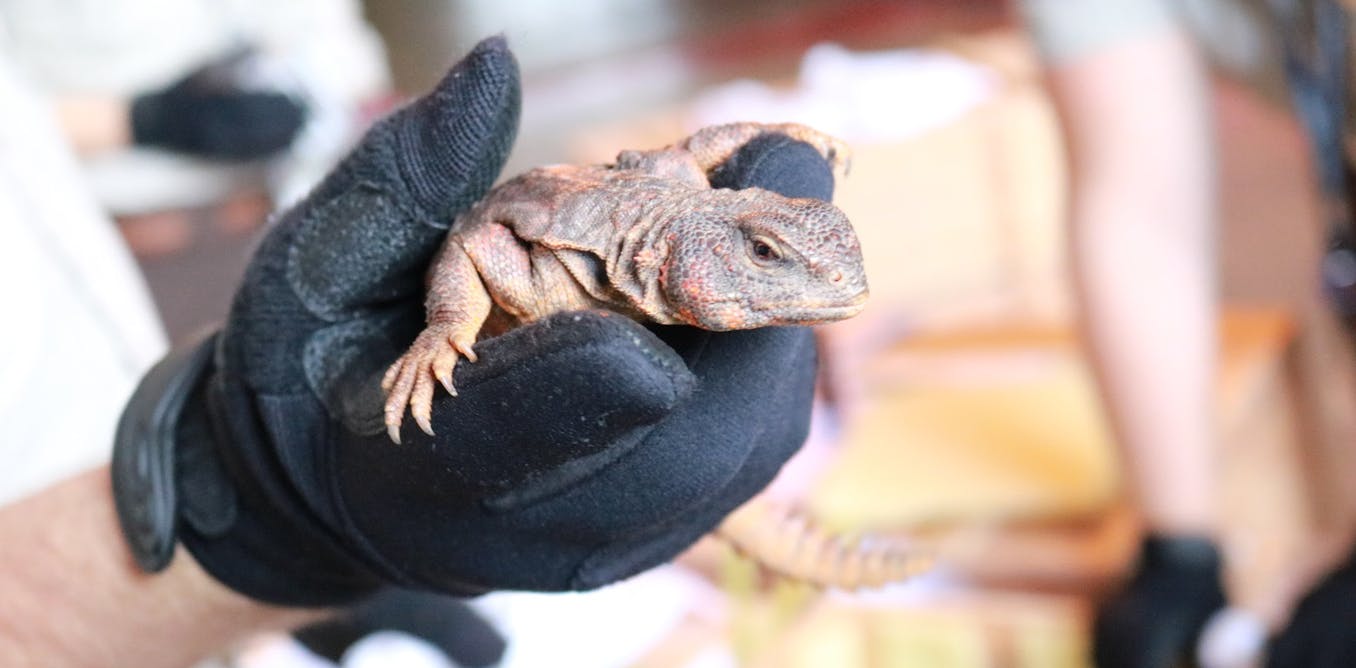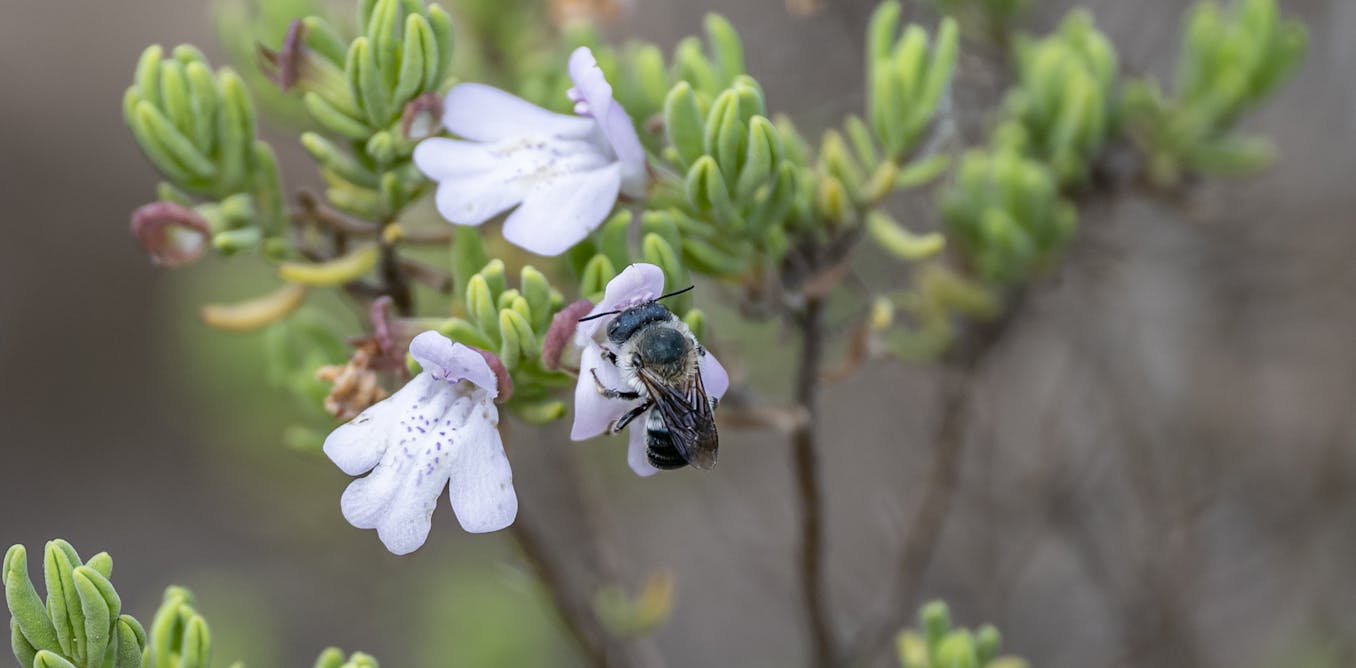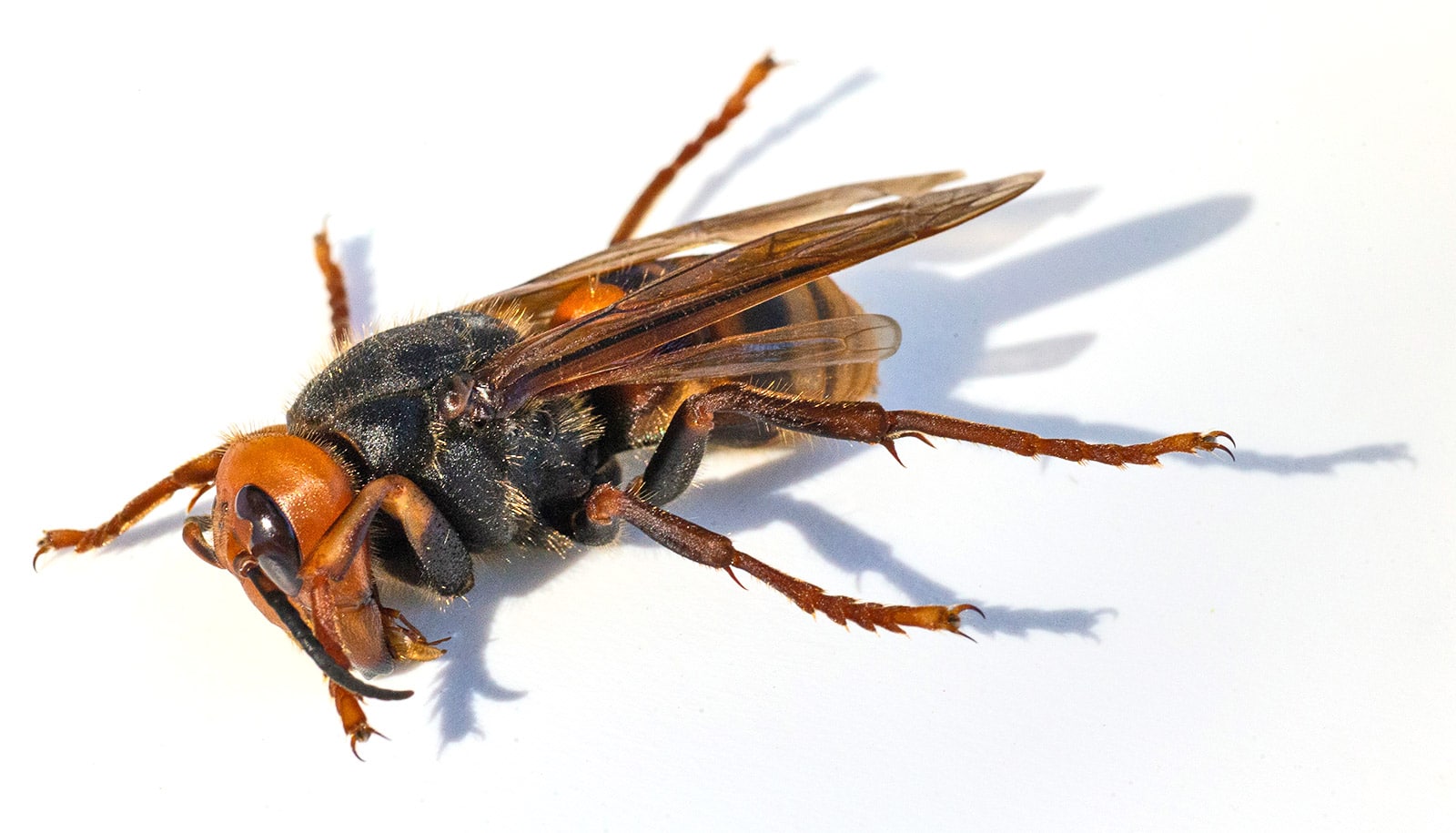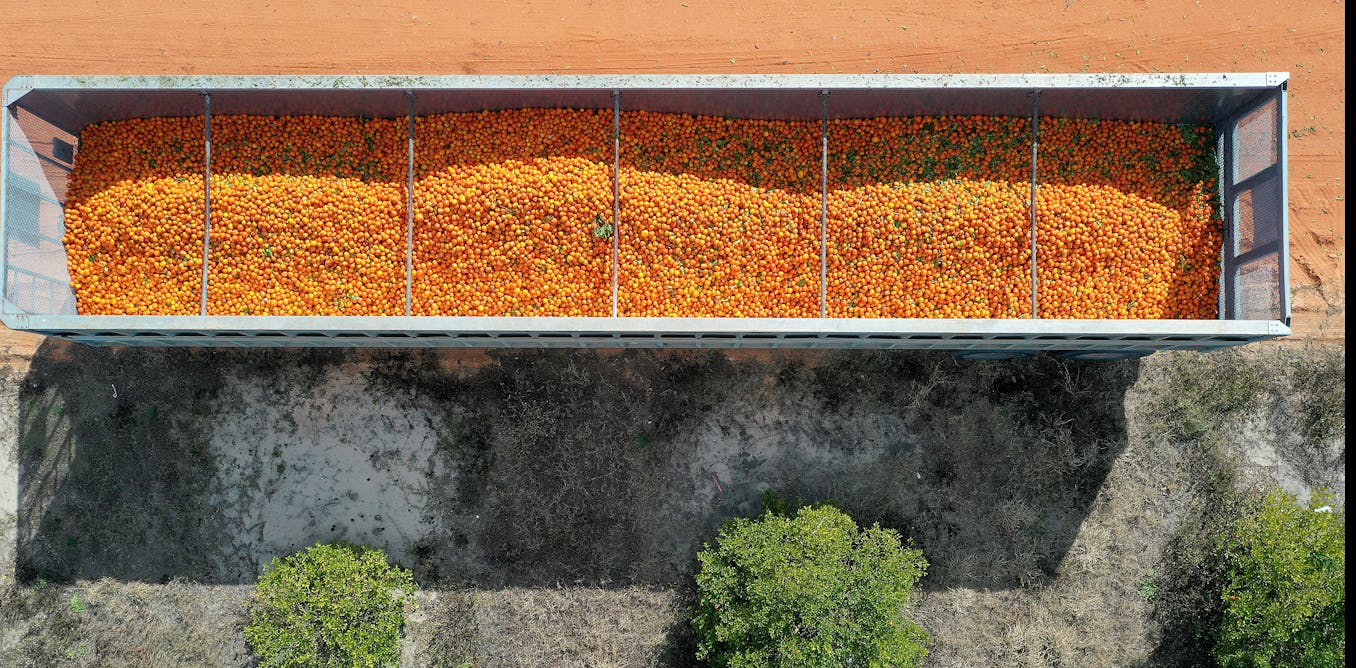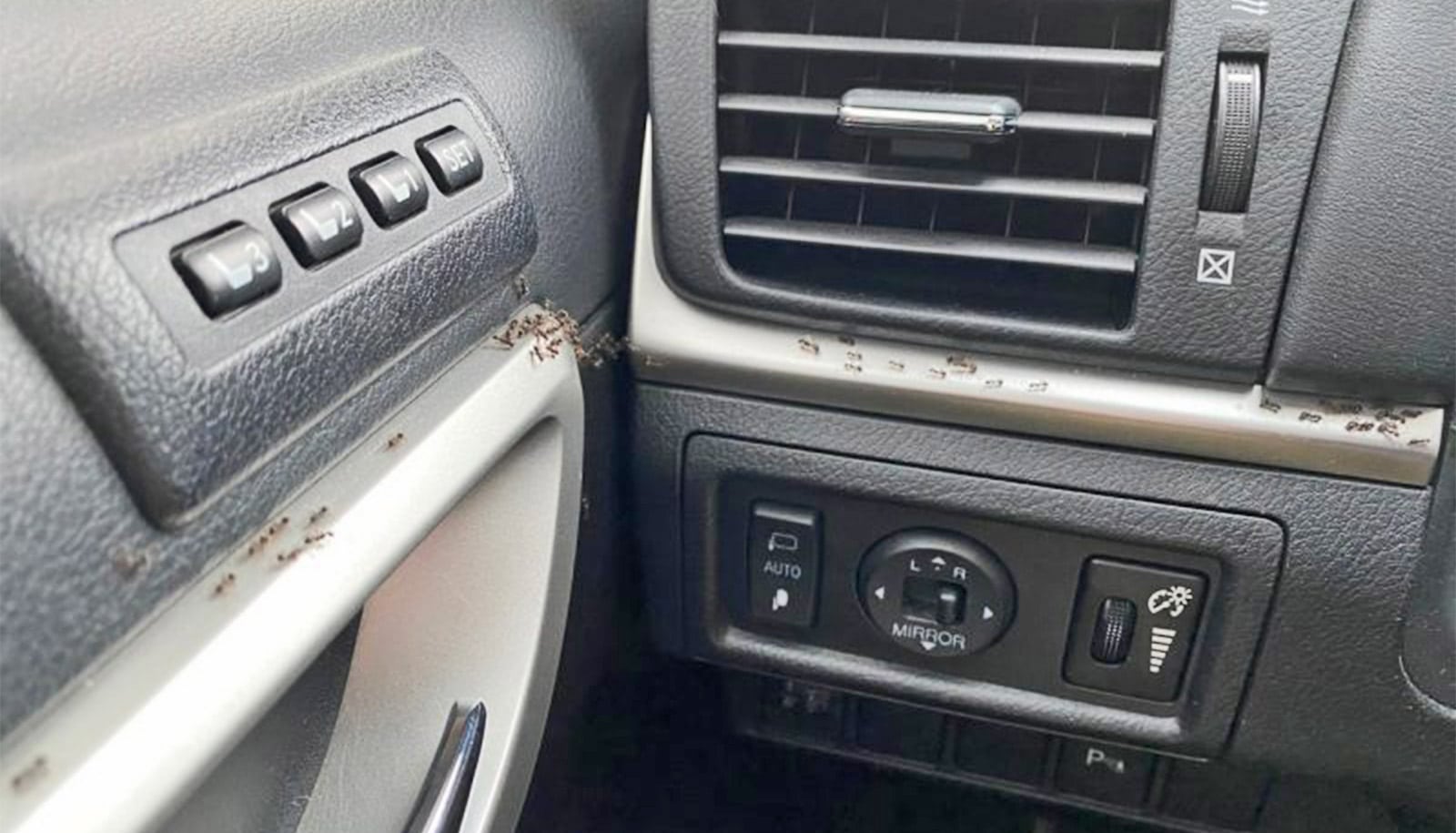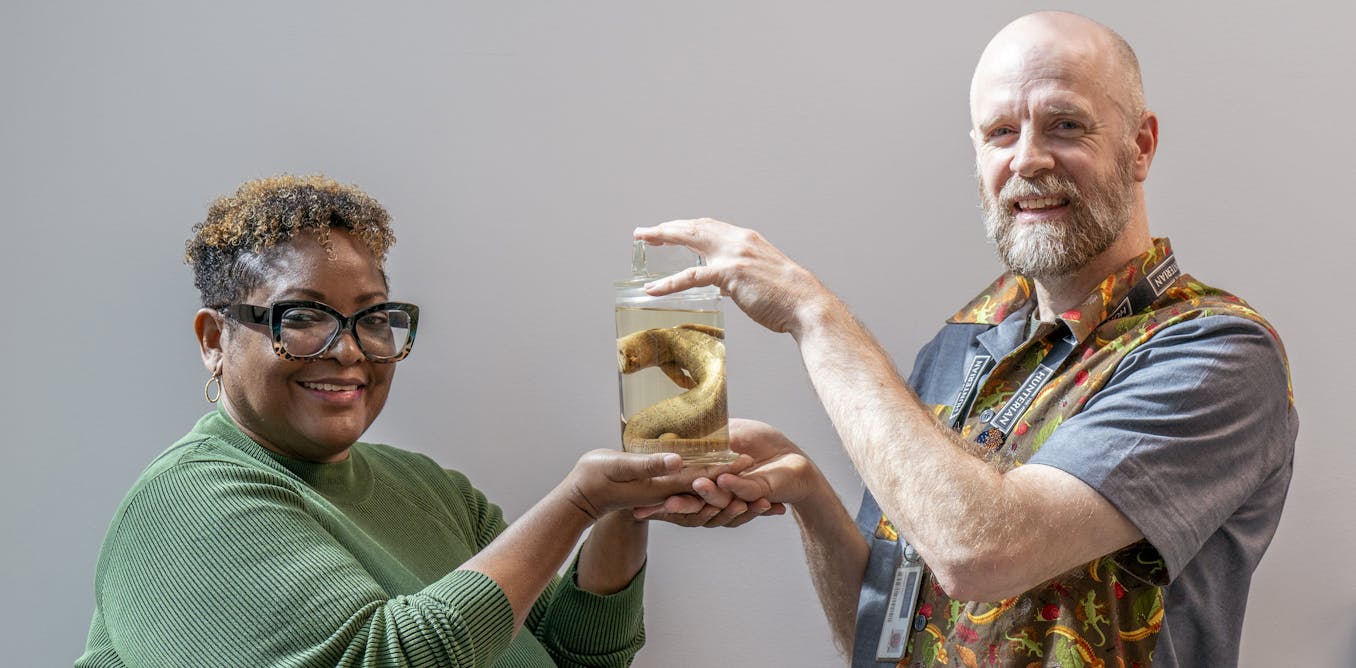The global wildlife trade is an enormous market – the US imports billions of animals from nearly 30,000 species
Understanding the number and origin of animals entering a country is important to control the health and ecological problems imported wildlife can bring.
Jan. 28, 2025 • ~8 min

